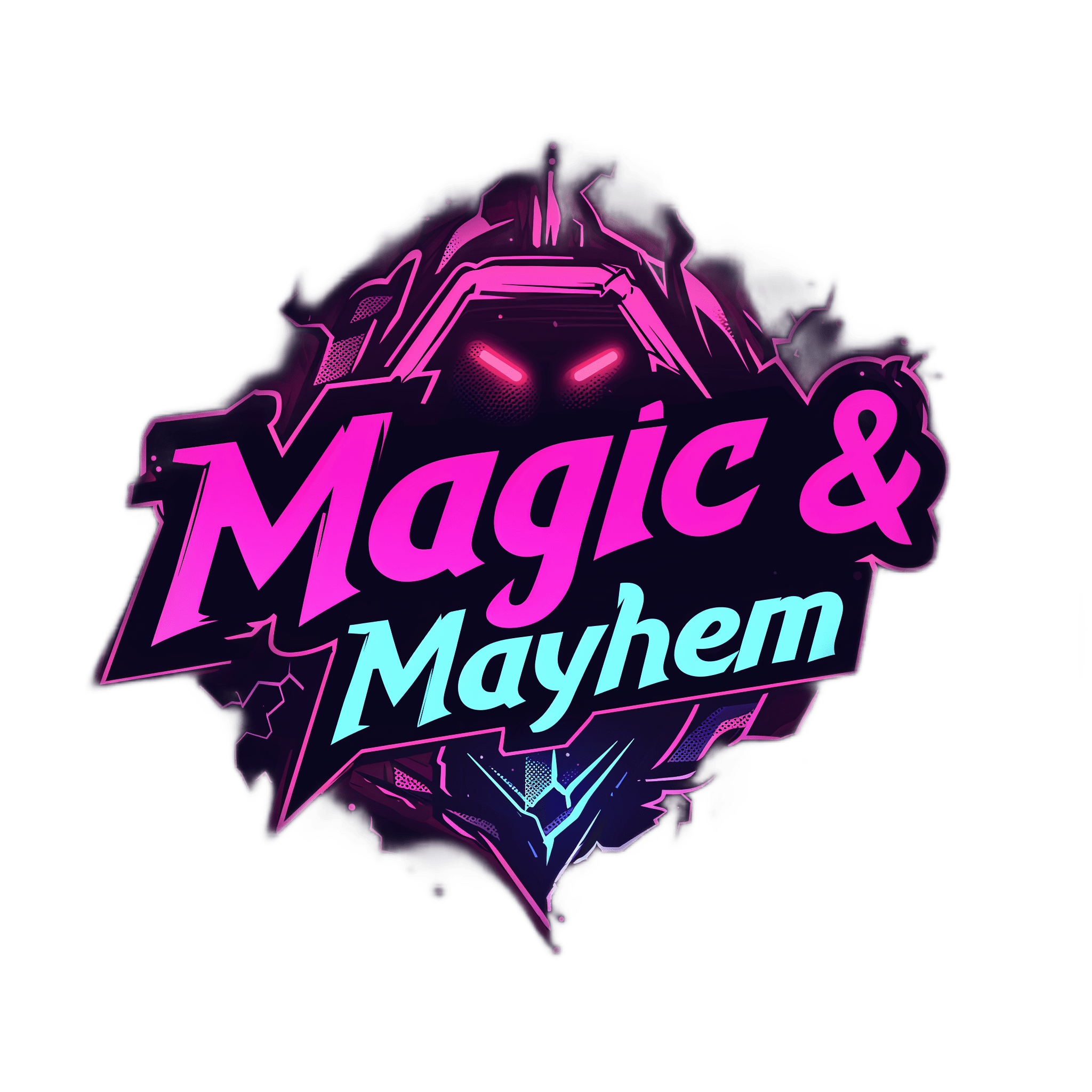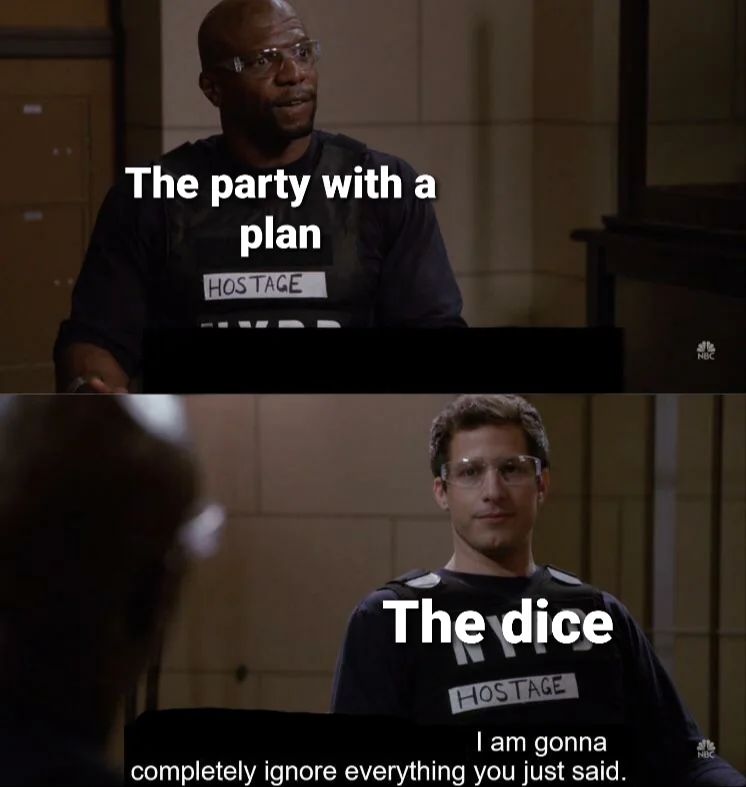Dice Gods are your best friends. They make table-top games so chaotic and fun and sometimes, yes, miserable at choice moments. They also like to tell a story.
Have you ever gotten a crit when you needed it most? Have you ever failed a roll that could have kept your entire party from tpk? Look, now you’re crawling along the floor of a sewer away from a dragon who has decimated everyone but you.
The dice gods elicit the best and worst in us and that is what makes TTRPGs SO FUCKING FUN.
Yes, I want to jump up and down in joy or cuss out the world in frustration, too long have we been told we care too much or are too excited.
So, embrace those dice. Let them fuck you up like karma has a personal vendetta against you, or have you come out on top of near impossible odds.
- DM’s – let the dice tell as much of the story as possible. Use them in prep and in session; let them decide your players’ fate. Not only does this add unexpected twists to the overall narrative, but it ensures that you can’t be pegged as adversarial. The dice gods decided. Not you.
- Players – use your dice! Trust them. Have a tough roleplay decision to make and you genuinely don’t know what your character would do? Roll a die. In a modern TTRPG: you’re playing a character that you’re not sure would understand something you as a player do understand? Roll an INT or a WIS check. Respect the results.
Overall, let the dice decide. No continued rolls until you pass a thing, the dice say you fail, you fail, the dice say you pass, you pass.
In different TTRPGs, there are different approaches to how dice are used:
- In games like 5e, there are checks for everything you do. The DM may decide to give you advantage if you come up with something creative or if you’re teaming up with a fellow party member, but overall, the dice really do decide. At higher levels it can start to feel impossible to fail some checks, and when you do, it should mean something.
- In OSR games, creativity and context take the lead. Dice are rolled when something is risky. So, there are less dice rolls to determine your success or failure at particular tasks; however, there are more rolls to determine the world as it enfolds around you.
When I first started playing OSR, the chaotic fullness of the world was startling, I wasn’t sure how a world created by dice and random tables would stack up against a carefully curated homebrew creation, but both have their strengths and weaknesses. The randomness of the world eventually turns into something not so random. The creatures, NPCs, hazards, and events encountered from dice rolls have a way of stringing themselves together into a world that doesn’t revolve around you, but one that is alive that you merely walk around inside of.
The dice gods know what they are doing. Don’t fear them.
Everything will work out whether you end up a long-surviving retiring adventurer or a corpse in a random pit-trap in the desert being picked over by scavengers. All is well.

